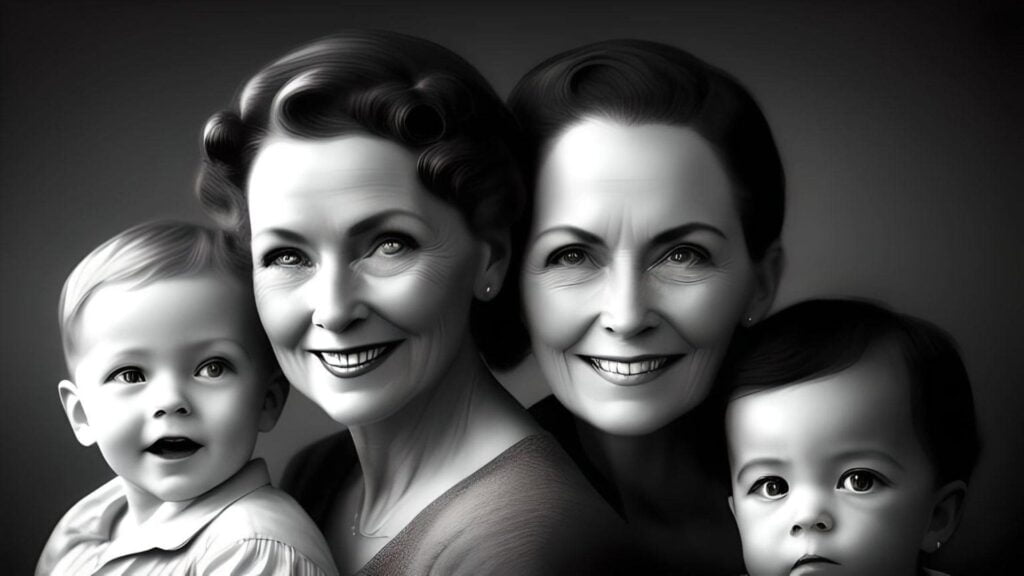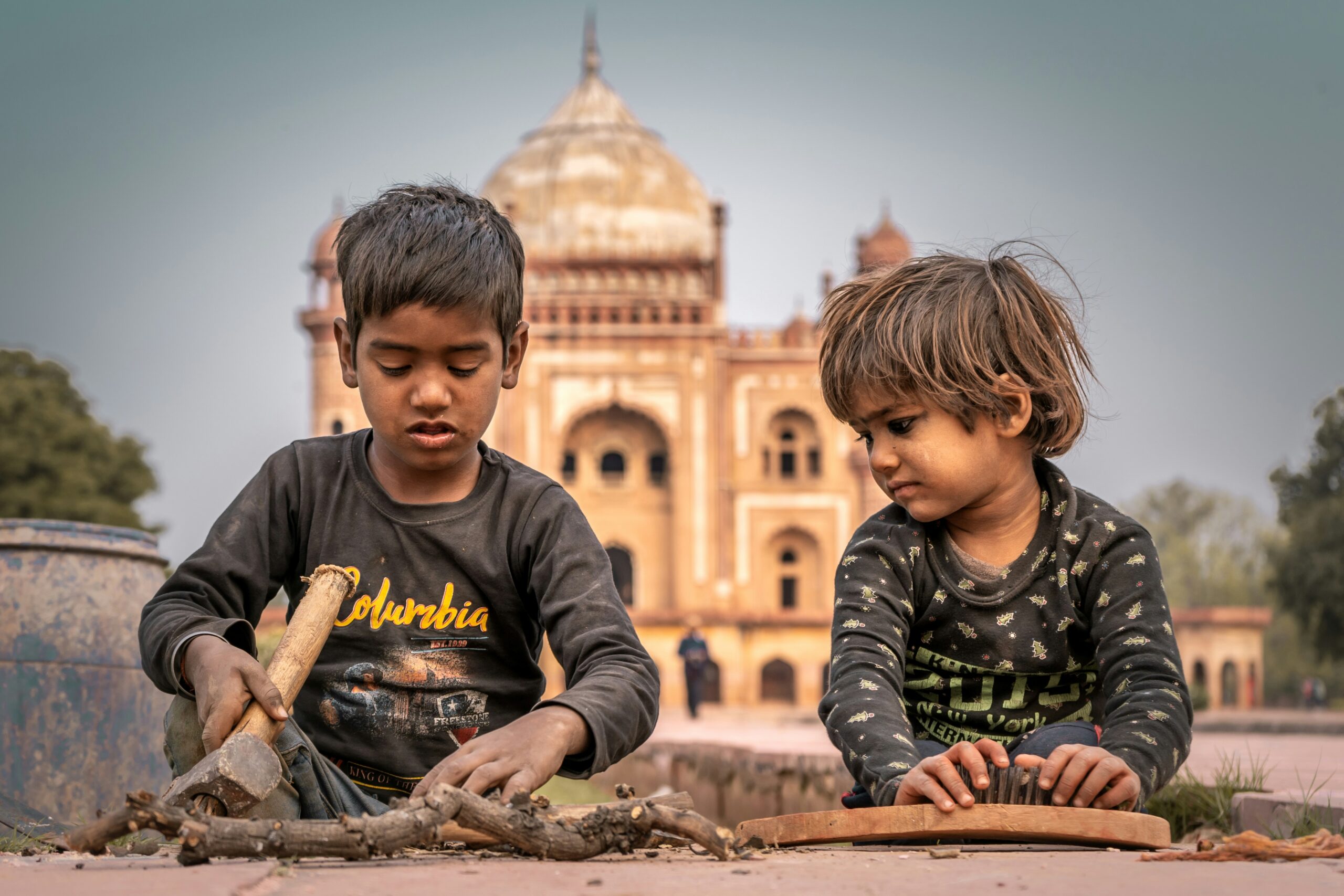Introduction: Honoring Nelson Mandela’s Legacy
Nelson Mandela, a name synonymous with the relentless fight against apartheid, stands as a beacon of justice, equality, education, and peace. His life’s work and unwavering commitment to these values have immortalized him as a globally revered leader whose legacy continues to inspire millions. Mandela’s journey from political prisoner to the first democratically elected President of South Africa exemplifies his dedication to transforming society and championing human rights.
Every year on July 18th, the world comes together to celebrate Nelson Mandela Day. This day is not just a remembrance of his birth, but a call to action for individuals to contribute positively to their communities. It serves as a reminder that each person has the power to effect change, echoing Mandela’s belief in the collective strength of humanity.
The purpose of this blog post is to delve into some of Nelson Mandela’s most powerful and inspirational quotes. These quotes resonate with the central themes of his life—justice, equality, education, and peace. By exploring his words, we aim to highlight how Mandela’s vision can continue to guide and inspire efforts toward a more just and equitable world. Through these reflections, readers are encouraged to draw inspiration from his legacy and take meaningful actions in their own lives.
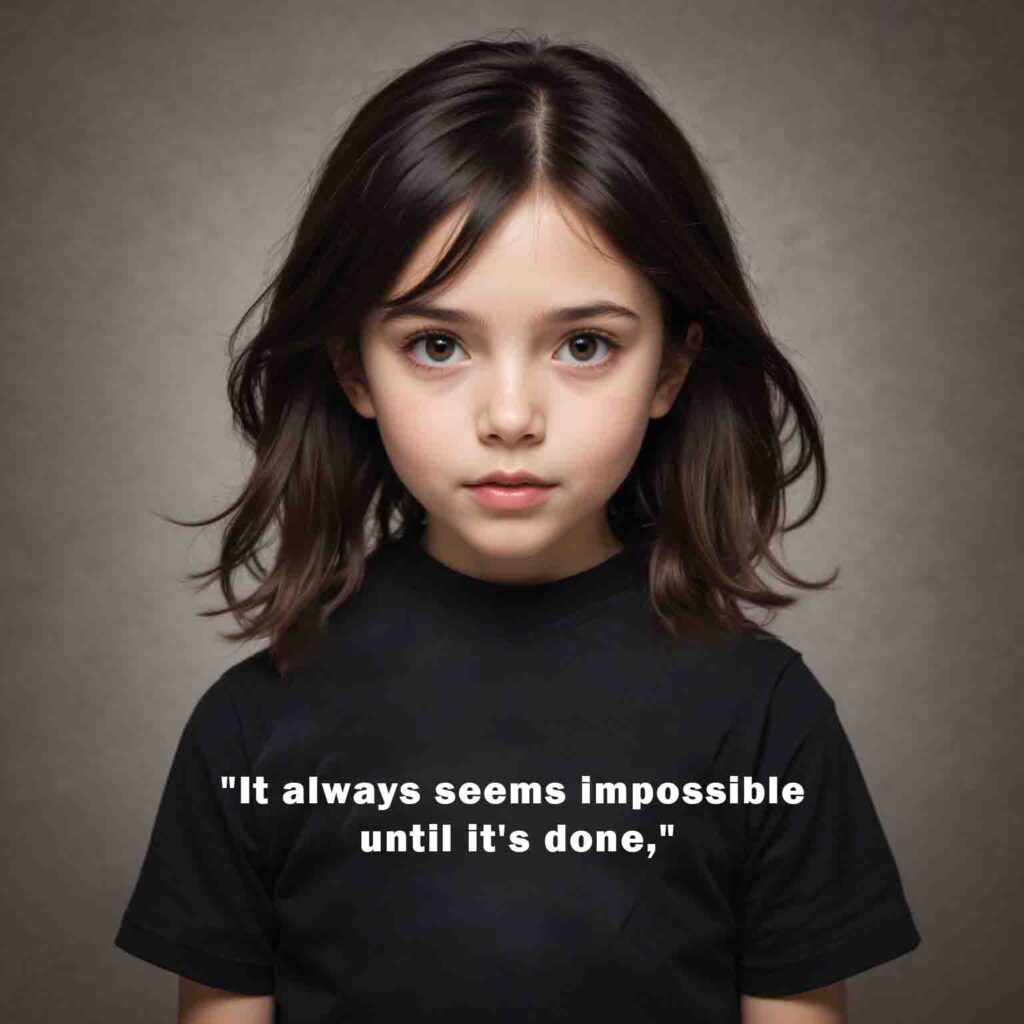
Justice: Mandela’s Vision for a Fair and Just World
Nelson Mandela’s dedication to justice is encapsulated in many of his powerful quotes, which continue to inspire individuals across the globe. One such quote, “It always seems impossible until it’s done,” highlights his belief in the relentless pursuit of justice, no matter how insurmountable the obstacles may appear. This statement serves as a reminder that achieving justice requires persistent effort and resilience, and it encourages individuals to persevere in their fight for fairness and equality.
Another profound quote by Mandela, “For to be free is not merely to cast off one’s chains, but to live in a way that respects and enhances the freedom of others,” underscores the essence of true justice. It calls for a deeper understanding of freedom, one that goes beyond personal liberation to include the respect and enhancement of others’ rights. This quote challenges readers to reflect on how their actions impact the freedom and rights of others, urging them to live in a way that promotes collective justice and equity.
Mandela’s vision for a just world was not limited to theoretical ideals; it was grounded in practical action. His life serves as a testament to the power of taking concrete steps towards justice. By championing causes such as equality, education, and peace, Mandela demonstrated that justice is achievable through sustained effort and commitment. His inspirational quotes act as a call to action, encouraging readers to engage actively in the pursuit of justice in their own lives and communities.
In reflecting on Mandela’s legacy, it is crucial to consider current social justice issues and identify ways to contribute to positive change. Whether it is advocating for policy reforms, participating in community initiatives, or educating oneself and others about issues of injustice, each action, no matter how small, can contribute to the broader movement for justice. Nelson Mandela’s words and actions continue to serve as a powerful guide, inspiring individuals to strive for a fair and just world.
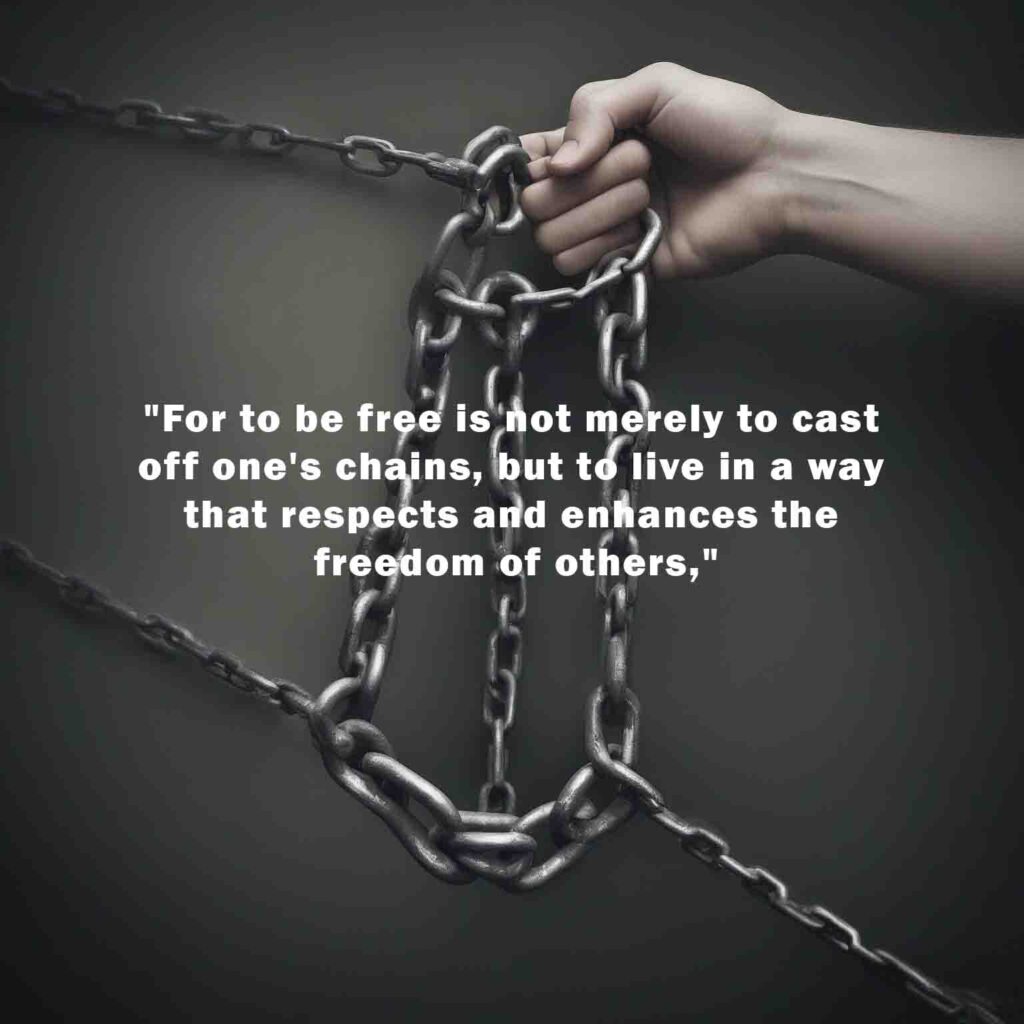
Equality: Mandela’s Dream of a World Without Discrimination
Nelson Mandela’s enduring vision of equality serves as a powerful beacon for humanity. His words, “No one is born hating another person because of the color of his skin, or his background, or his religion,” remind us of the innate innocence present at birth and the learned nature of prejudice. Mandela’s dream was to build a society where every individual could thrive without the shadow of discrimination looming over them.
Mandela poignantly stated, “As long as poverty, injustice, and gross inequality persist in our world, none of us can truly rest.” This quote emphasizes the intertwined nature of equality, justice, and peace. His tireless fight against apartheid and his unwavering commitment to social justice are testaments to the transformative power of dedicated action. Today, his vision resonates more than ever as societies around the globe strive to address systemic inequalities.
Promoting equality in our communities requires both awareness and action. One practical approach is to challenge discriminatory behaviors when they arise. This can be done by speaking out against biased language or actions and educating others about the harmful effects of discrimination. Additionally, fostering inclusive environments where diversity is celebrated can make a significant impact. This can be achieved through community initiatives that promote cultural exchange, inclusive policies in workplaces, and equitable access to education and resources.
Mandela believed in the power of education to change the world. By promoting educational opportunities for all, we can help dismantle the barriers that perpetuate inequality. Encouraging open dialogues about race, gender, and other forms of discrimination can also foster a deeper understanding and empathy among community members.
In essence, the pursuit of equality is a continuous journey that requires collective effort. By drawing inspiration from Nelson Mandela’s quotes and legacy, we can work towards creating a world where justice, peace, and equality prevail for all.
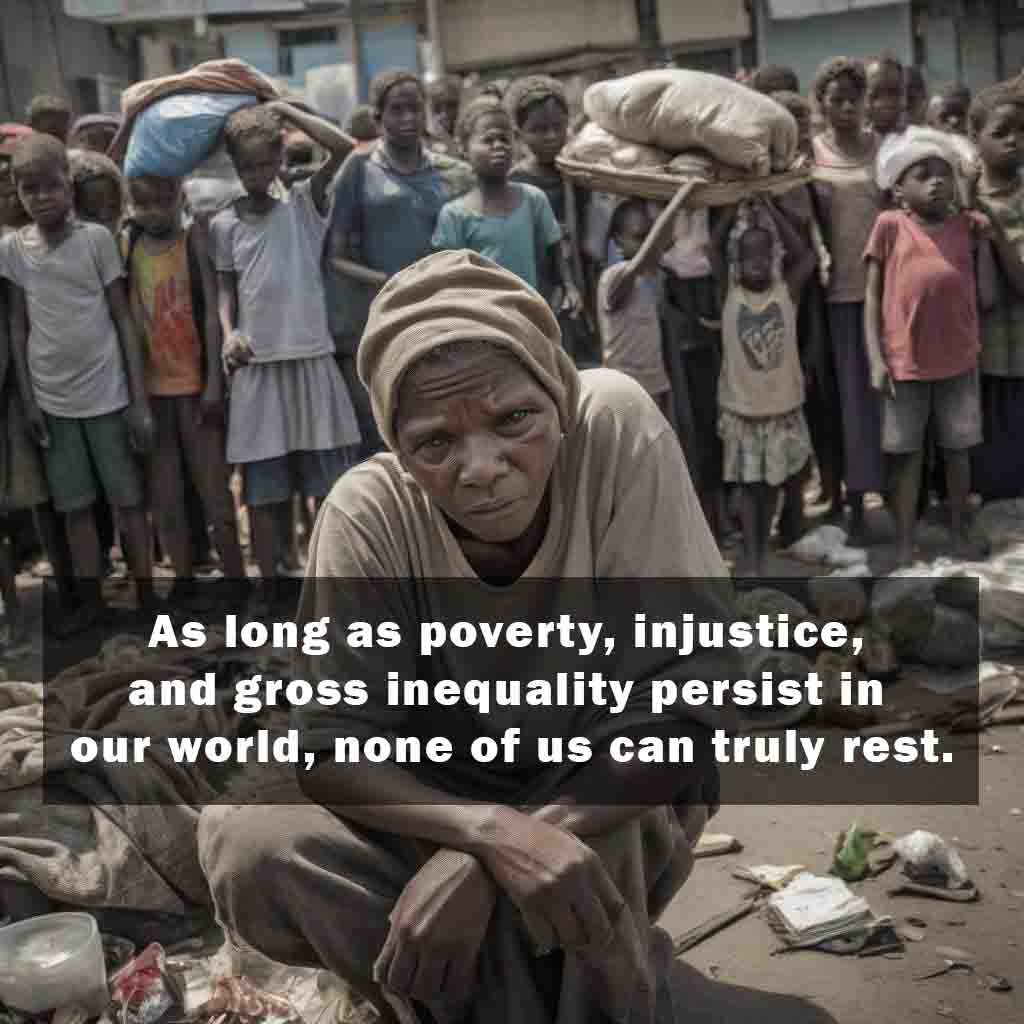
Education and Peace: Mandela’s Foundation for a Better Future
Nelson Mandela’s profound belief in the transformative power of education and peace fundamentally shaped his vision for a better future. His iconic quote, “Education is the most powerful weapon which you can use to change the world,” encapsulates his conviction that education serves as a critical tool for empowerment. Mandela understood that an educated populace is better equipped to address societal challenges, foster innovation, and drive sustainable development. He advocated tirelessly for access to quality education for all, viewing it as a cornerstone for achieving justice and equality.
In tandem with his commitment to education, Mandela valued the power of peace as a catalyst for progress. His wisdom is reflected in the quote, “If you want to make peace with your enemy, you have to work with your enemy. Then he becomes your partner.” This perspective underscores the importance of collaboration and reconciliation in resolving conflicts and building harmonious communities. Mandela’s approach to peace emphasizes the need for mutual understanding and cooperation, suggesting that lasting peace can only be achieved through active engagement and dialogue.
Mandela’s legacy calls upon us to value education and seek knowledge continuously. By investing in education, individuals can contribute to the creation of more just and equitable societies. Additionally, promoting peaceful resolutions in daily interactions can help build a culture of understanding and tolerance. To honor Mandela’s vision, individuals can support educational opportunities by volunteering, mentoring, or contributing to scholarships and educational programs. Similarly, fostering peaceful communities involves advocating for non-violent conflict resolution, participating in community-building initiatives, and encouraging open communication.
Nelson Mandela’s insights on education and peace remain relevant today, reminding us that through education, we can empower ourselves and others, and through peace, we can build a future where justice and equality are attainable for all.
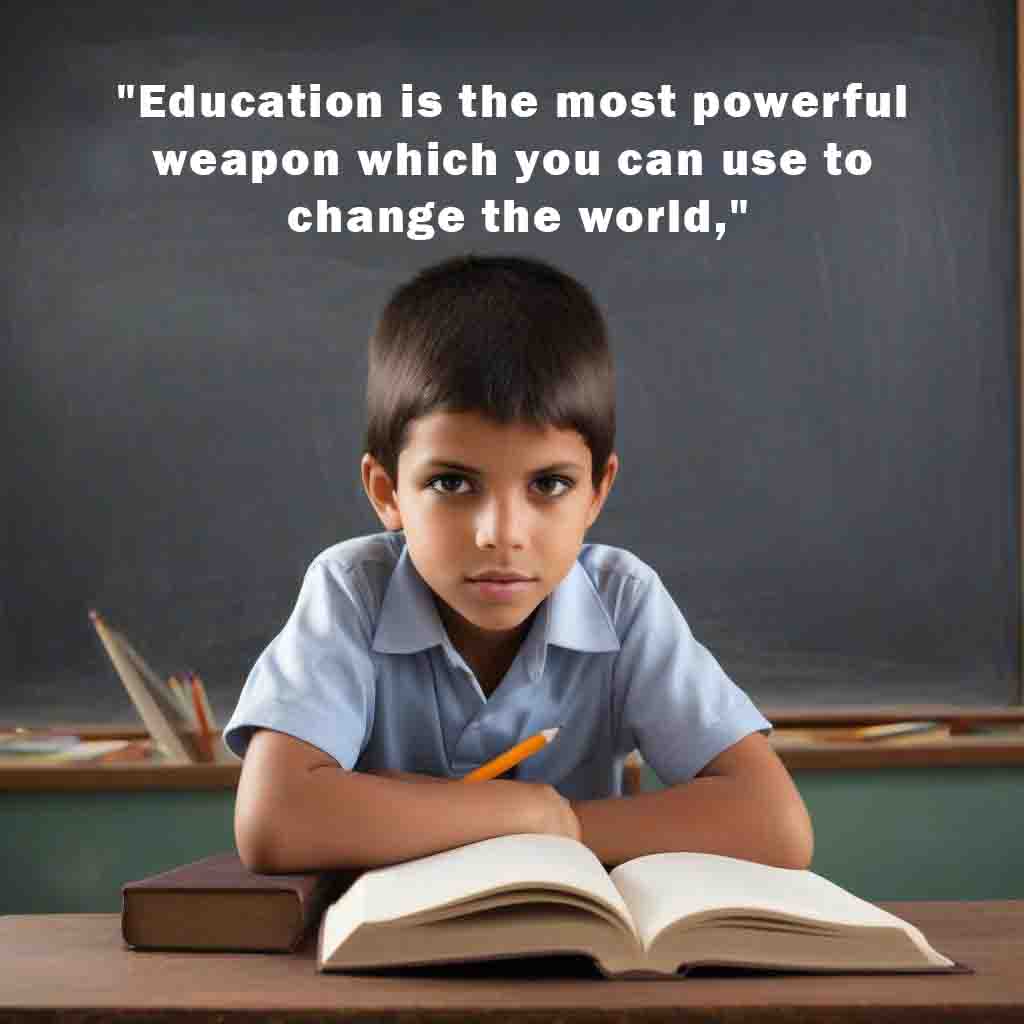
Conclusion: Reflecting on Mandela’s Words to Inspire Action and Change
Nelson Mandela’s enduring legacy is enshrined in his powerful words that continue to resonate globally. His quotes on justice, equality, education, and peace serve as guiding lights, urging us to strive for a fairer and more compassionate world. Mandela’s wisdom reminds us that true justice involves standing against oppression and inequality, and that education is a vital tool for empowerment and societal progress. Through his life and words, Mandela exemplified the profound impact of unwavering dedication to peace and human dignity.
As we reflect on these themes, we recognize that Mandela’s words are not just historical reflections but active calls to action. They challenge us to introspect and identify how we can contribute to the betterment of our communities. Whether through advocating for justice, promoting equality, ensuring access to education, or fostering peace, each one of us has the capacity to make a meaningful difference. Mandela’s inspirational quotes serve as a catalyst for change, urging us to embody the values he championed.
On Nelson Mandela Day, we are invited to honor his legacy through tangible acts of kindness, advocacy, and education. This day is not only a commemoration of Mandela’s life but also an opportunity to commit ourselves to the principles he stood for. Let us use this occasion to reflect on how we can apply Mandela’s teachings in our daily lives and communities, striving to create a world that mirrors his vision of justice, equality, and peace.
By embracing Mandela’s wisdom and committing to action, we can ensure that his legacy continues to inspire and guide future generations. Let us celebrate Nelson Mandela Day by making a promise to ourselves and to others: to advocate for justice, to stand for equality, to champion education, and to cultivate peace in every sphere of life. In doing so, we honor Nelson Mandela’s profound impact and contribute to a world where his dreams of a just and equitable society are realized.





